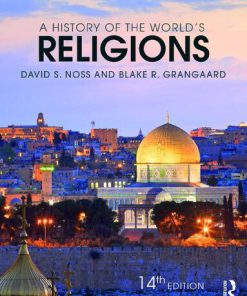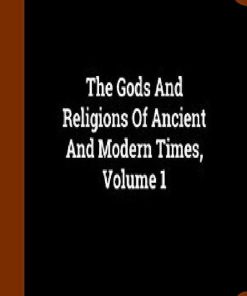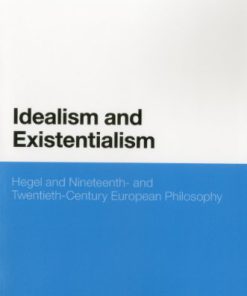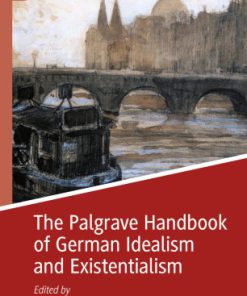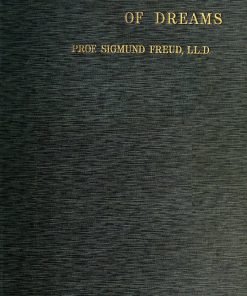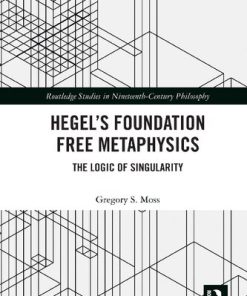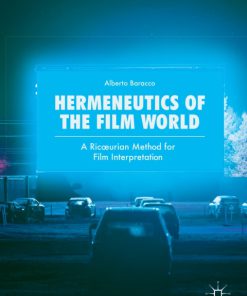Hegel Interpretation of the Religions of the World The Logic of the Gods 1st edition by Jon Stewart 9780192564948 0192564943
$50.00 Original price was: $50.00.$25.00Current price is: $25.00.
Hegel Interpretation of the Religions of the World The Logic of the Gods 1st edition by Jon Stewart – Ebook PDF Instant Download/Delivery: 9780192564948, 0192564943
Full dowload Hegel Interpretation of the Religions of the World The Logic of the Gods 1st edition after payment
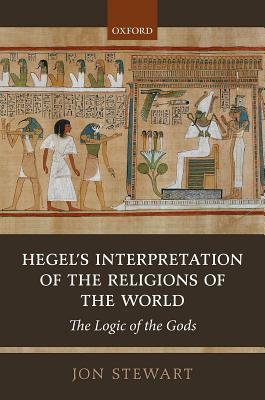
Product details:
• ISBN 10:0192564943
• ISBN 13:9780192564948
• Author:Jon Stewart
Hegel’s Interpretation of the Religions of the World
The Logic of the Gods
In his Lectures on the Philosophy of Religion, Hegel treats the religions of the world under the rubric “the determinate religion.” This is a part of his corpus that has traditionally been neglected since scholars have struggled to understand what philosophical work it is supposed to do. In Hegel’s Interpretation of the Religions of the World, Jon Stewart argues that Hegel’s rich analyses of Buddhism, Hinduism, Zoroastrianism, Judaism, Egyptian and Greek polytheism, and the Roman religion are not simply irrelevant historical material, as is often thought. Instead, they play a central role in Hegel’s argument for what he regards as the truth of Christianity. Hegel believes that the different conceptions of the gods in the world religions are reflections of individual peoples at specific periods in history. These conceptions might at first glance appear random and chaotic, but there is, Hegel claims, a discernible logic in them. Simultaneously, a theory of mythology, history, and philosophical anthropology, Hegel’s account of the world religions goes far beyond the field of philosophy of religion. The controversial issues surrounding his treatment of the non-European religions are still very much with us today and make his account of religion an issue of continued topicality in the academic landscape of the twenty-first century.
Hegel Interpretation of the Religions of the World The Logic of the Gods 1st Table of contents:
1. Hegel’s Methodology
1.1. Religion and History
1.2. The Organization of the Lectures on the Philosophy of Religion
1.3. The Organization of the Determinate Religion
1.4. The Rise of Orientalism in the Nineteenth Century
1.5. Creuzer’s Symbolik Und Mythologie
2. Immediate Religion: Magic
2.1. Hegel’s sources for “Magic”
2.2. Immediate, Direct Magic
2.3. Mediated, Indirect Magic
2.4. The Forms of Objectification
2.5. Early Conceptions of Life after Death
2.6. The Transition to the Chinese Religion
3. Chinese Religion: The Religion of Measure
3.1. The State of Sinology in Hegel’s Time
3.2. The Divine as Tian
3.3. The Emperor
3.4. The System of Measures
3.5. The Spirits (Qi, Shen)
3.6. The Lack of Subjective Freedom, and Superstition
4. Buddhism and Lamaism: The Religion of Being-within-Self
4.1. Hegel’s Sources
4.2. The Concept: The Cult of Nothingness
4.3. The Lamas
4.4. Immortality and Reincarnation
5. Hinduism: The Religion of Imagination
5.1. The Birth of Indology
5.2. Hegel’s Sources
5.3. The Universal and the Particular: Brāhma
5.4. The Trimurti: Brahmā, Vishnu, and Shiva
5.5. The Forms of Worship: The Relation to Brāhma
5.6. The Forms of Worship: The Relation to the Other Deities
5.7. The Lack of Subjective Freedom
6. Zoroastrianism: The Religion of the Good or Light
6.1. The State of Persian Studies in Hegel’s Time
6.2. Light and the Good: Ormuzd
6.3. Darkness and Evil: Ahriman
6.4. The Lesser Deities: The Amesha Spentas, Fravashis, and Yazatas
6.5. Worship
6.6. The Transition to the Egyptian Religion
7. The Egyptian Religion: The Religion of Mystery
7.1. The Birth of Egyptology
7.2. Osiris and Seth
7.3. The Egyptian Cult of Immortality
7.4. The Egyptian Hieroglyphics and Symbols
7.5. The Combining of the Human and the Animal
7.6. The Egyptian Goddess Neith and the Greek God Apollo
7.7. The Myth of Oedipus and The Sphinx
8. Judaism: The Religion of Sublimity
8.1. Hegel’s Sources
8.2. God as One
8.3. God as Intervening in Nature: Sublimity
8.4. God’s Purpose in the World
8.5. The Transition to the Next Stage
9. Greek Polytheism: The Religion of Beauty
9.1. Classical Studies in Hegel’s Time
9.2. Hegel’s Sources
9.3. The Interpretation and Transformation of Nature
9.4. The War of the Gods
9.5. The Shift From the Gods of Nature to the Gods of Spirit
9.6. The Reduced Role of Animals
9.7. Fate, Destiny, and Necessity
9.8. The Divine as Manifest in Inner Feeling and Emotion
9.9. The Transition to the Roman Religion
10. Roman Polytheism: The Religion of Expediency
10.1. Hegel’s Sources
10.2. “Gravitas” and the Contrast of the Greek Religion with the Roman
10.3. Jupiter and the Supreme End of the Roman Religion
10.4. The Other Deities and the Finite Ends of the Roman Religion
10.5. The Roman Forms of Worship and Festivals
10.6. The Roman Games
10.7. Abstract Citizenship
10.8. The Transition to Christianity
11. Christianity: The Absolute or Revealed Religion
11.1. Introduction: Hegel’s Different Designations of Christianity
11.2. The Organization of the Analysis
11.3. Universality: The Realm of the Father
11.4. Particularity: The Realm of the Son
11.5. Individuality: The Realm of the Holy Spirit
11.6. The End of Hegel’s Lectures
11.7. Hegel and the World Religions Today
Bibliography
Index
People also search for Hegel Interpretation of the Religions of the World The Logic of the Gods 1st:
hegel’s interpretation of the religions
hegel and religion
hegel’s view on history
hegel’s absolute spirit
hegel beliefs
You may also like…
History - World History
A history of the world s religions Fourteenth Edition. Edition Blake R. Grangaard
Uncategorized
Politics & Philosophy
Politics & Philosophy - General & Miscellaneous Philosophy
Politics & Philosophy - Anthropology
Poetry - American Poetry
The End of Literature, Hegel, and the Contemporary Novel Francesco Campana
History & Research
Politics & Philosophy




